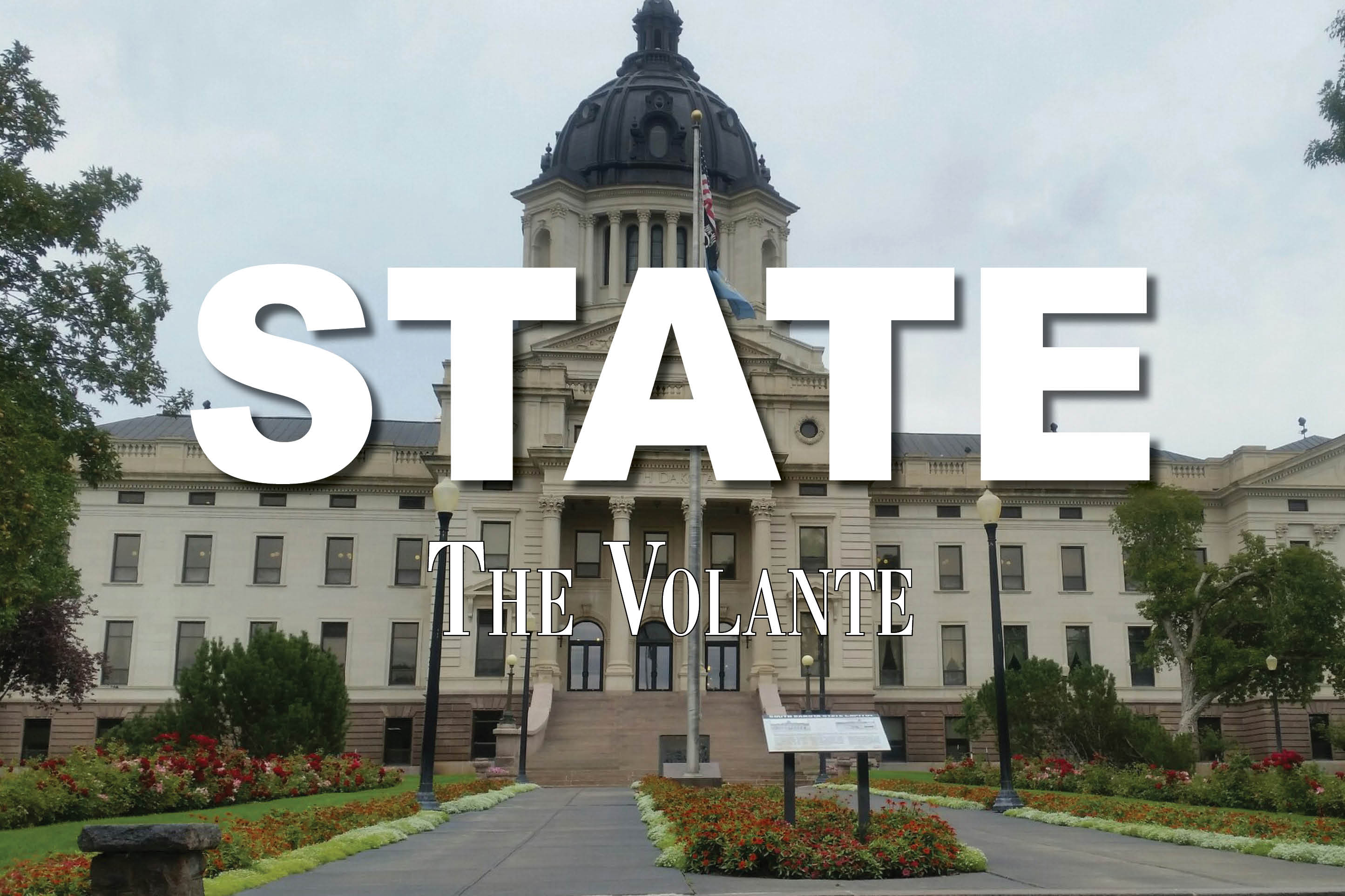
Current and former USD students defend diversity offices in letter to Board of Regents
A group of USD students and alumni showed support for campus diversity offices after state legislators expressed concern to the South Dakota Board of Regents (SDBOR) about their role in promoting intellectual diversity Tuesday.
Over 60 current and former students signed a letter defending USD’s diversity offices, which was distributed to the Board of Regents at a hearing Wednesday.
The letter was authored by Teagan McNary, USD alumnus and former Student Government Association (SGA) President, Josh Sorbe, current student and former SGA President, and Carson Zubke, current SGA President.
Zubke also gave a testimony at the hearing.
Republican legislators sent a letter to the Board of Regents the day prior to the hearing discussing House Bill 1087, which takes effect on July 1.
This bill requires schools to record and report their actions in promoting intellectual diversity and free speech on campus.
“While beneficial programs for Native American students, and students of other diverse cultures should be preserved, the build-up of diversity offices which are used to promote social justice causes associated with the political left such as safe zone training, the biannual drag show, and social justice training, to name just a few, should be dismantled,” the legislator’s letter read.
“Whatever they’re spending on the diversity offices, it isn’t making a very good impact,” Rep. Sue Peterson (R-Sioux Falls) told the Argus Leader on Tuesday.
Read the USD students’ letter to SDBOR below:
South Dakota Board of Regents,
Thank you for holding this hearing for us all to gain perspective on the concept of intellectual diversity. This conversation has the potential to impact the future landscape of higher education in South Dakota, in addition to the lives of over 35,000 current students enrolled at South Dakota regental institutions, as well as hundreds of thousands of alumni from the public universities across the state. The outcome of these discussions will serve as precedent to surrounding states in the pursuit of freedom of expression on college campuses.
Intellectual diversity is a respectable value and is critical to a fully functioning democracy. This letter is written on behalf of the undersigned individuals, past and present students of the University of South Dakota (USD), as a testament to our support of diversity offices at USD and their role in exposing students to different ideological and political perspectives, a goal congruent with the objective of HB 1087. Recent calls for the dismantling of diversity offices in the regental system will only serve to negatively impact the success of our students, and in turn, our state economy. Legislators cite concerns regarding Native American student graduation rates and incorrectly present these concerns as a warranted argument for removing diversity offices.
In posing this argument, the legislators are attempting to pit the success of one marginalized group against that of many additional campus populations served by diversity programming. Simply put, singling out Native American success rates is not only unfair, but is unrelated to the context of the original bill and this hearing. Further, Native Student success is far more dependent on factors such as affordability and access to resources on campus — factors that could be supported through initiatives like the Dakota’s Promise needs-based fund that was defeated in the House last year 34-32. The removal of diversity offices, in conjunction with the training, programming, and support they provide to students enrolled at our public institutions (including Native Student populations), is counterintuitive to the very ideal HB 1087 claims to pursue.
Additionally troubling is the legislature’s apparent disregard for the undeniable presence and valuable role of diversity in the modern workforce. Employers in South Dakota and throughout the nation are seeking graduates who have the capacity to thrive within an increasingly diverse professional environment. Businesses are relying on our institutions to invest in the growth of their future employees. Denying students the opportunity to explore cultural and intellectual diversity, particularly in an area of the country where such opportunities are exceedingly rare, is to deny productive collaboration and the exposure to new ideas as a complement to one’s academic pursuits – an opportunity that many South Dakota students simply would not otherwise enjoy. If we desire our graduates to be competitive in the workforce, we must support, rather than stifle, the sort of innovation, education, and exchange of meaningful dialogue promoted by diversity programming.
On behalf of the sixty-one signatories below, we urge this conversation to continue with the mutual understanding that intellectual diversity truly represents all perspectives. The continued support of diversity offices at South Dakota regental institutions further affirms the commitment to providing an encompassing and immersive educational experience.
Best regards,
Teagan McNary Josh Sorbe Carson Zubke
